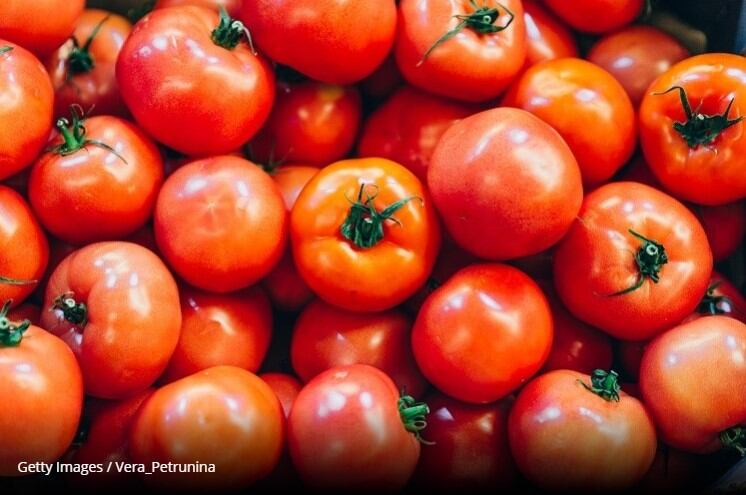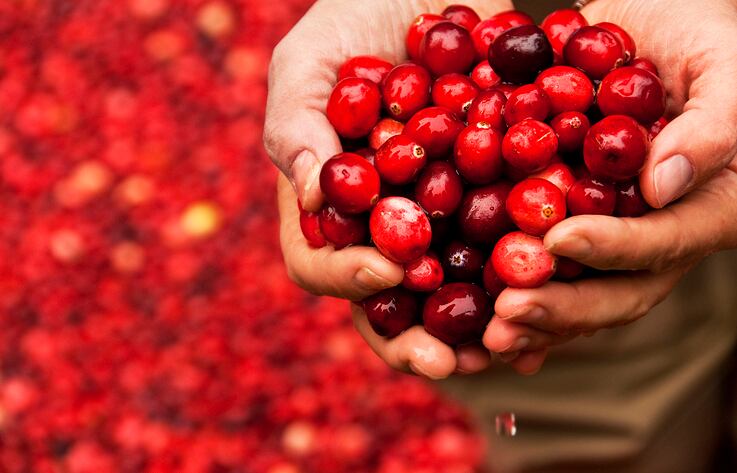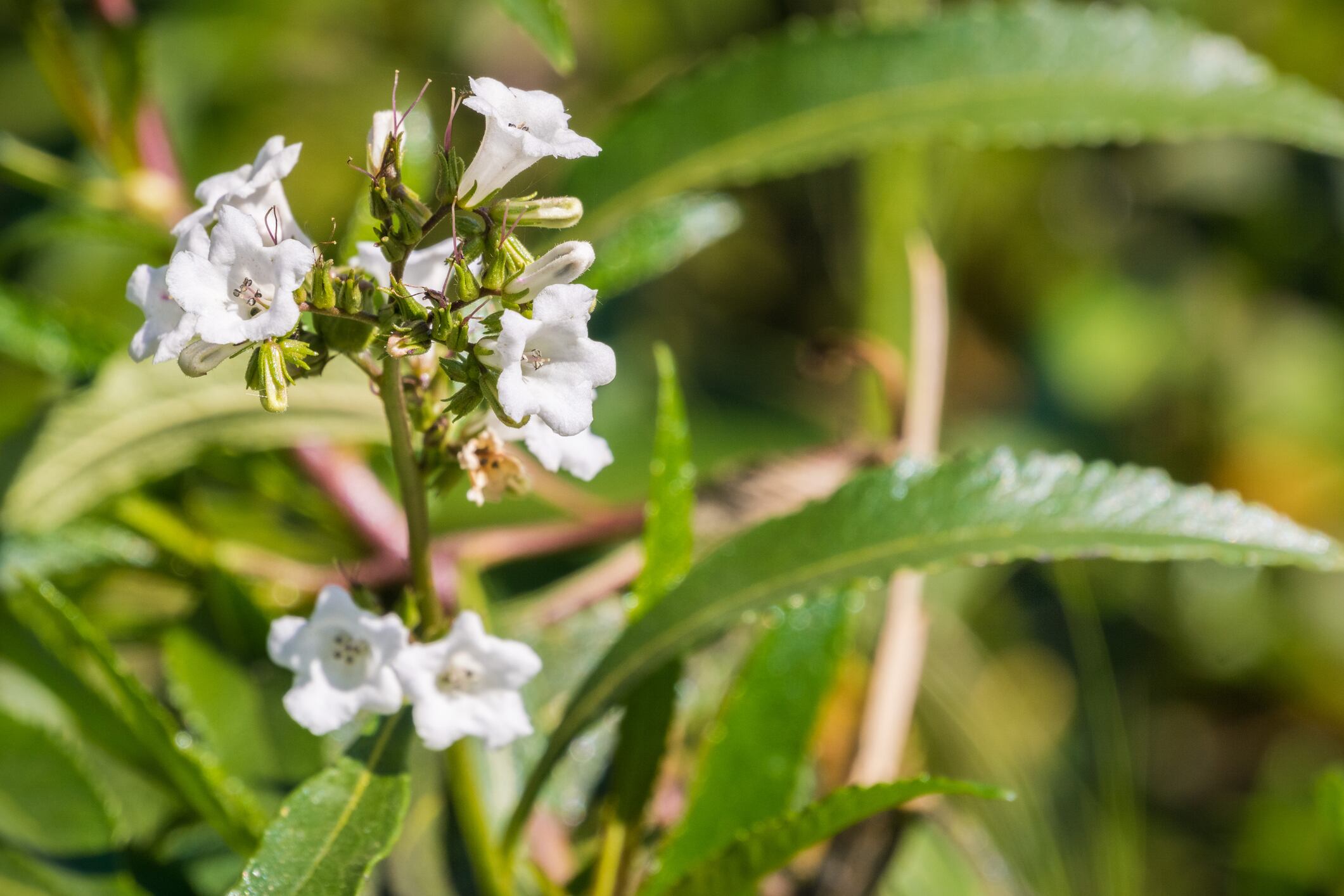The recent review was published in the journal Frontiers of Nutrition. The study was the work of Canadian researchers and an employee of German ingredient supplier Symrise.
The researchers sought to categorize the effects of polyphenols in the gut. Research into polyphenolic ingredients as prebiotics has ramped up in recent years. It’s well established that many of these ingredients absorb poorly into the bloodstream, yet they still exert demonstrated health effects.
Polyphenols seen as important beyond absorption of principle bioactives
So experts started to look into whether the changes in the gut microbiome as a result of polyphenols ingestion, and the metabolites these ingredients give rise to there might be a major reason for their health supporting properties.
”[P]hytochemicals, such as (poly)phenols, exert potentially prebiotic effects by selectively stimulating beneficial bacteria and reducing the incidence of diseases. (Poly)phenols are a diverse class of secondary plant metabolites found in most diets. Owing to their chemical structure, they are poorly absorbed and thus reach the colon, where they affect the resident microbiota. Specifically, (poly)phenols can stimulate several of keystone bacterial species such as Akkermansia muciniphila, Bacteroides thetaiotaomicrom, Faecalibacterium prausnitzii, Bifidobacteria, and Lactobacilli,” the review authors wrote.
Host of beneficial metabolites
The review paper includes a detailed summary of the various biochemical pathways involved with polyphenol metabolism in the gut. These include a wide array of enzymatic reactions. These reactions give rise to a host of beneficial metabolites including short chain fatty acids such as butyrate, propionate and acetate as well as indoles, neurotransmitters, and gasotransmitters.
In addition to stimulating the growth of beneficial bacteria which secrete beneficial metabolites, the researchers said a review of the literature reveals another important gut health mechanism for polyphenols, that being their ability to inhibit the growth of harmful bacteria.
“(Poly)phenols can interact with bacterial proteins to inhibit bacterial nucleic acid synthesis, alter cell membrane function and fluidity, modify cell wall integrity and synthesis, affect cell metabolism, and prevent biofilm formation,” the authors wrote.
This led the researchers to propose another new term for polyphenols: duplibiotics. This term, they argue, would take into account both sides of the coin for the action of some polyphenols in the gut, that being a prebiotic, bacterial growth-stimulating function as well as an antimicrobial one.
The researchers said use of the term could inform research into other plant compounds as well.
“In the future, the concept of duplibiotic could be extended to other compounds. Plants produce over 100,000 secondary metabolites intended—among other functions—to interact with their own microbiota (272). Thus, it would not be surprising to find in humans' omnivorous diet other phytochemicals which could exert antimicrobial effect or be metabolized by the human gut microbiota,” they concluded.
Experts: Definitions only useful when they remain defined
Experts in the gut health realm were wary of opening another can of worms in the nomenclature area. Consumer research already shows significant confusion around the terms ‘probiotic’ and ‘prebiotic,’ and advocates would also like to add ‘postbiotics,’ ‘paraprobiotics,’ and now ‘duplibiotics’ to that list.
Noted gut health researcher Glenn Gibson, PhD, of the University of Reading in the UK, said in reaction to this paper he was “querying whether we need yet another new 'biotic. If ingredients are covered by existing types then I do not see the requirement for new terms such as these. Otherwise, we will end like 'omics where the list is long and boundaries become blurred.”
Len Monheit, executive director of the Global Prebiotic Association, said emerging science will de facto impact the scope of definitions. He said a critical eye must be cast toward proposals to broaden the categories lest they become so ill defined as to be of little worth from either a marketing or research perspective.
“Indeed, receptor and protein interactions that impact gut membrane permeability, that are not directly probiotic-mediated, are now often considered 'prebiotic' in nature, even within the content of ‘prebiotic activity,' and have led GPA to continue to work in this area so that we are critical in our inclusions, yet also accounting for emerging science,” he said.
Source: Frontiers in Nutrition
https://doi.org/10.3389/fnut.2021.689456
Polyphenol-Mediated Gut Microbiota Modulation: Toward Prebiotics and Further
Authors: Rodriguez-Daza MC, et al.




